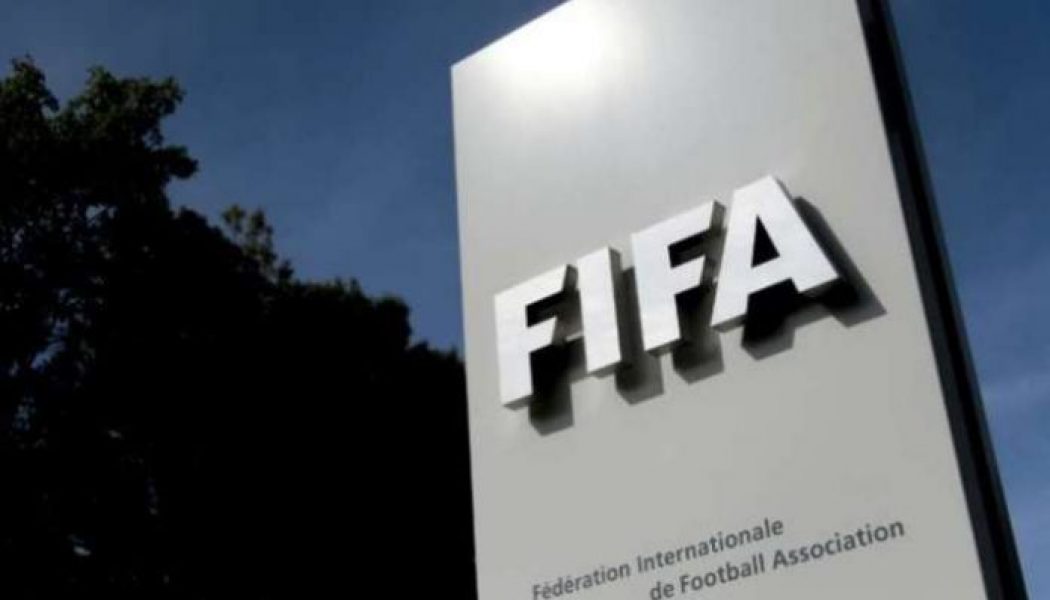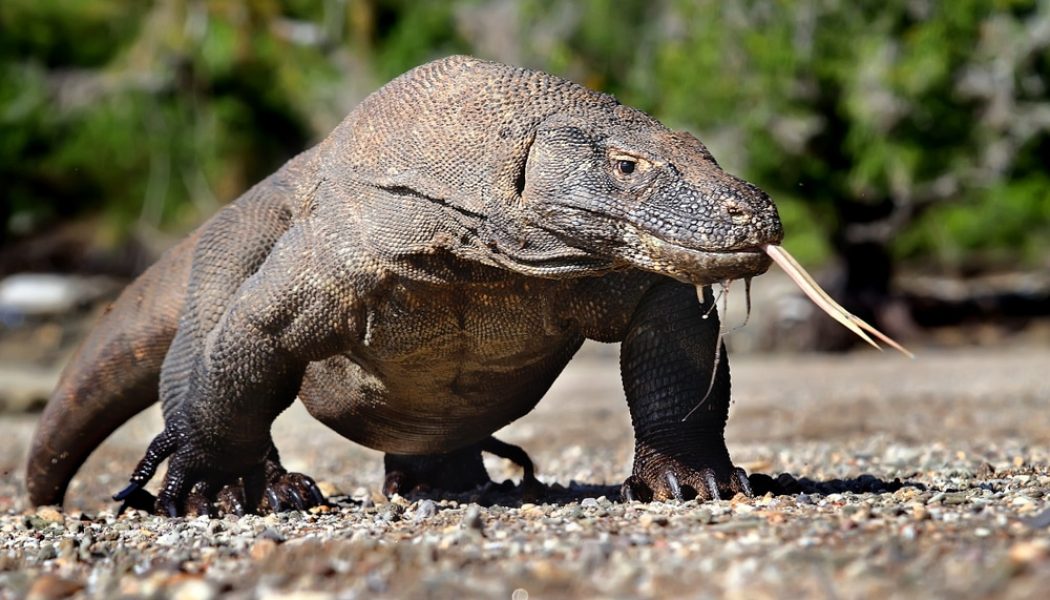Colombia
James Rodriguez set to join Everton
James Rodriguez is very close to completing a move to Carlo Ancelotti’s Everton. The Italian coach has been key in convincing the Real Madrid midfielder and, while negotiations are not yet closed, they are on the right track. An agreement could be closed between Everton and Real Madrid for a fee between 25 and 30 million euros. Ancelotti got the best out of James in a Real Madrid shirt during the 2014/15 season, while the 61-year-old also brought the playmaker to Bayern Munich on a loan deal in 2017. The relationship between Ancelotti and James is strong, which is why the 29-year-old has given the green light to move to Everton ahead of other options he had on the table. James stated in an interview with a Mexican media outlet last week that his priority is to leave Real Madrid for a club ...
FIFA to pick 2023 Women’s World Cup host in June
World governing football body, FIFA, will pick a host for the 2023 Women’s World Cup on June 25. The host will be selected by FIFA’s ruling council and it is a contest between Brazil, Japan, Colombia, and a joint bid from Australia and New Zealand. According to reports, the selection will be done in an open vote of the 37-member FIFA Council and the result of each round of balloting and each voter’s choice will be made open. “FIFA is now finalizing the evaluation report, which will be published in early June,” FIFA said in a statement on Friday. Newsmen report that FIFA inspection teams had initially visited the four bid candidates in January and February before international travel was restricted due to the coronavirus pandemic. The 2023 World Cup will be the first to feature 32 teams. Th...
17 megadiverse countries of the world
We profile the world’s megadiverse countries, from obvious contenders like Ecuador and Brazil to one or two surprise entries It should be comforting to know that a mere 17 countries hold more than 70% of the world’s species. It should be easy to rally this small group of ‘megadiverse countries’ to protect the planet’s extraordinary biodiversity. Alas, some of these countries are also the world’s biggest consumers and polluters. In July 2000, the UN’s World Conservation Monitoring Centre recognised 17 megadiverse countries which hold the majority of Earth’s species and high numbers of endemic species (i.e. those unique to an area or country). To be termed megadiverse, a country must have at least 5,000 of the world’s plants as endemics and have marine ecosystems within its borde...











